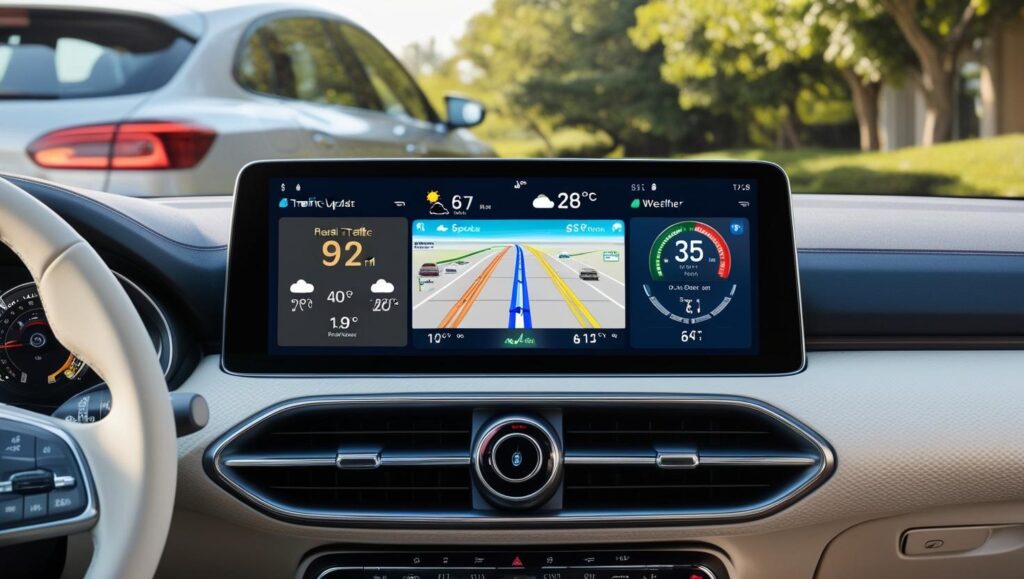The automotive industry is undergoing a transformative phase, with rapid advancements in technology redefining mobility. As we progress through the decade, several key trends are emerging, shaping the future of transportation.
Electrification: The Surge of Electric Vehicles
Electric vehicles (EVs) have transitioned from niche products to mainstream options. Major automakers are investing heavily in EV development, aiming to meet both consumer demand and regulatory requirements. For instance, Volkswagen plans to introduce 27 electric models by 2022, utilizing their Modular Electric Toolkit platform. Similarly, General Motors has committed to launching 30 EVs by 2025, signaling a significant shift towards sustainable transportation.

Autonomous Driving: The Road to Self-Driving Cars
Advancements in autonomous driving technology are bringing self-driving cars closer to reality. Companies like Waymo and Tesla are at the forefront, developing systems that aim to enhance safety and convenience. Tesla’s Full Self-Driving (FSD) suite offers features such as highway and street navigation, lane-keeping, and obstacle avoidance, though it still requires driver supervision. Meanwhile, Waymo operates fully autonomous vehicles without safety drivers in select areas, showcasing the potential of Level 4 automation.
Connected Vehicles: The Internet of Cars
The integration of Internet of Things (IoT) technology into vehicles has led to the rise of connected cars. These vehicles can communicate with other devices, providing real-time data on traffic, weather, and vehicle performance. Companies like Jaguar and Vodafone have demonstrated the potential of this technology by equipping cars with smart hubs, turning them into Wi-Fi hotspots and enhancing GPS capabilities. The rollout of 5G networks is expected to further expand these capabilities, enabling more advanced services and improved safety features.

Artificial Intelligence: Enhancing Driver Assistance
Artificial intelligence (AI) is playing a crucial role in developing advanced driver assistance systems (ADAS). New AI technology, integrated with in-car cameras, can monitor driver behavior such as phone use, smoking, and seatbelt wearing. These systems, being rolled out across millions of cars including models from BMW, Mercedes, Ford, and GM, use cameras on the steering wheel and rear-view mirror. By scanning the cabin and using AI, these cameras help ensure that drivers are attentive, especially as semi-autonomous vehicles become more common. Starting next year, such systems will be mandatory in new cars in continental Europe.
Sustainability: The Drive Towards Greener Solutions
Sustainability remains a driving force in automotive innovation. Manufacturers are exploring eco-friendly materials, efficient production processes, and alternative energy sources. For example, Mercedes-Benz is developing photovoltaic paint that could add 12,000 km annually from solar energy alone, contributing to increased EV reliability and range.

In conclusion, the automotive industry is embracing a future defined by electrification, autonomy, connectivity, artificial intelligence, and sustainability. These trends are not only reshaping the vehicles we drive but also transforming the entire mobility ecosystem, promising a safer, more efficient, and environmentally friendly transportation landscape.